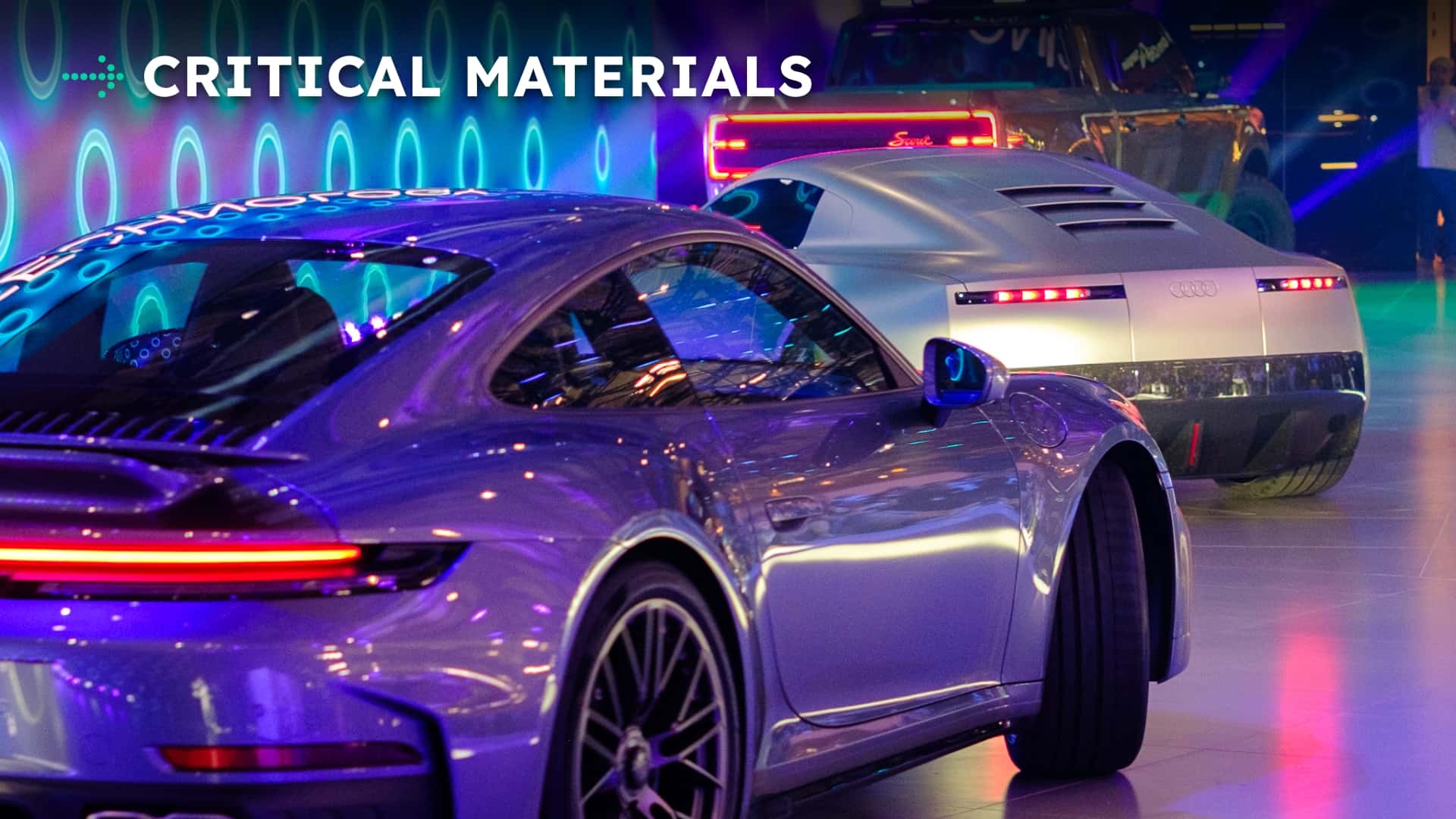
"After spending a few days at Europe's biggest auto show, I've come to realize the fate of the auto industry on that continent comes down to what happens in two cities: Beijing and Brussels. The first should be obvious. This year's IAA Munich, the biennial auto industry expo focused on the European mobility market, felt like a sequel to the Shanghai Auto Show I attended in April."
"I witnessed an interesting quip at Mercedes-Benz's big debut event Sunday night: right as he announced that Mercedes was making big progress at Megawatt charging, CEO Ola Källenius reaffirmed that the company's V12 engines weren't going anywhere. Talk about investing in two extreme ends of the powertrain spectrum at once. But that's the position Europe's automakers are in these days. To prepare for the EU's 2035 ban on new gasoline- and diesel-powered cars, they're investing heavily in next-generation EV powertrains."
Beijing and Brussels determine the future of Europe's auto industry. Chinese automakers are entering the European market with new models, brands, and technologies targeting buyers across segments from Skoda to Bentley. The EU plans to require all new cars sold to be zero-emission by 2035, a proposal that remains hotly contested. European automakers are investing heavily in next-generation EV powertrains, achieving gains in range, charging speed, and software while also maintaining investments in high-performance combustion engines. Profitability of the EV pivot remains uncertain. Major automakers and state-owned Chinese firms are preparing aggressive moves into Europe.
Read at InsideEVs
Unable to calculate read time
Collection
[
|
...
]